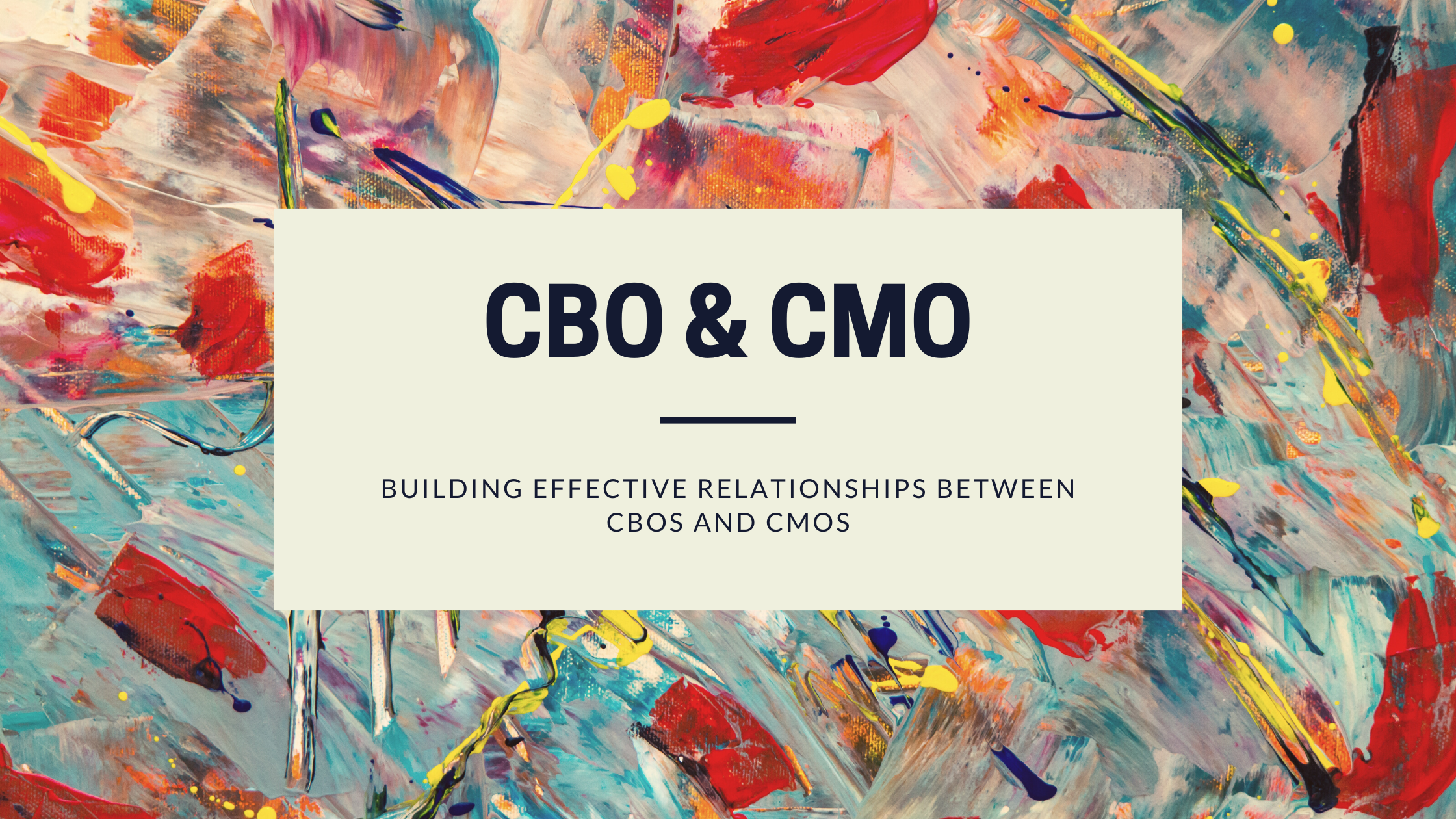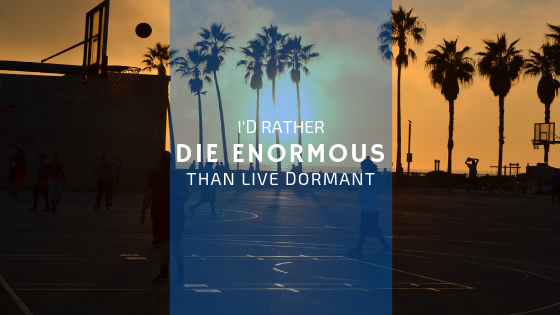You would think that combining an industry that has the fastest growth and highest turnover with a generation notorious for job-hopping would be a recipe for disaster. But Millennials and their cultural strengths and weaknesses can actually be a good fit for the advertising agency world, if they just prepare themselves for a few certain truths before embarking on an ad career.
If there’s one thing Millennials are tired of hearing about, it’s how terrible Millennials are. Over and over again, the press and media call them “selfish”, “cheap”, “unskilled”, “uneducated” “entitled”, and “self-absorbed” individuals who think “eating cereal is too difficult”.
The reality is, just like every generation before them, they are falling victim to the “young people are ruining everything” trap that all older generations set. Millennials are the biggest, most diverse generation. They are the most educated and most underpaid generation to date. Gen Y grew up with parents who were more questioning of authority. Millennials are seeing public education fail the public, they are seeing Wall Street greed cause massive economic turmoil. They don’t trust governments, banks, or long-standing systems and processes like previous generations did, which leads to a constant drive to ask “why?”.
Millennials are often put down for their desire for recognition, but this is just as much a perk as it is a drawback. A generation of parents put Millennials into after school activities, one after another. They won participation ribbons for every sporting activity they played in. Millennials don’t want to be a cog, they want to have a sense of purpose and they want outside input to verify they’re on the right track.
This study from Deloitte says: “Last year, when asked to rate the skills and attributes on which businesses place the most value (and are prepared to pay the highest salaries), Millennials pointed to “leadership” as being the most prized. This was mentioned by 39 percent, but only 24 percent thought this was a strong personal trait of theirs upon graduation. Millennials fully appreciate that leadership skills are important to business and recognize that, in this respect, their development may be far from complete. But, based on the current results, Millennials believe businesses are not doing enough to bridge the gap to ensure a new generation of business leaders is created.
However much they feel they are not being properly groomed to be the next generation of leaders, Millennials are optimistic about something else. They believe they can invent the future. The desire for ongoing reinvention, environments with more autonomy and ability to pursue different skills or ideas is what drives them. Almost nine in ten (87 percent) believe that “the success of a business should be measured in terms of more than just its financial performance.” 77% of connected millennials, those most active on social media, said part of the reason they chose to work where they do is because of the company’s sense of purpose.”
Where’s a Millennial to find a sense of purpose, along with a living wage, when they’re still not sure exactly what they want to do? Agencies may be the perfect answer. Make no mistake, advertising agencies have plenty of challenges on their hands. Fragmentation of mass media is driving innovation and investing in new capabilities to keep delivering competitive advantages to clients. But winning the talent battles with millennials and future generations is the true concern.
The biggest challenge that threatens all agencies is keeping people happy, inspired and constantly learning. Agencies can get pigeonholed because they have done one thing well, and the best and brightest individuals get bored if they’re only used one-dimensionally or for one specific client.
The companies that have been the most successful in attracting talented creative millennials are tech companies in Silicon Valley – Google and Facebook among them – that are naturally innovative. These companies have a culture, management style and a commitment to encouraging the pursuit of new ideas that naturally appeal to the millennial generation. And because of that, they are able to take their pick of the best young talent around.
A savvy agency can use these same career aspirations to their advantage when trying to attract Millennial talent. The agency model provides an opportunity to engage with and a commitment of service to many companies, including innovative startups and large companies across many industries. This variety allows agencies to be ahead of the pack, retain talented people, be exposed to new ways of thinking, and forge productive partnerships that can help clients engage their customers. Most importantly, it satisfies the need to reinvent and rethink ways to stave off complacency and re-invigorate constant change.
Millennials may find themselves with the best of both worlds at an agency, presented with constantly rotating client projects to stave off the desire to find a whole new company, and the potential opportunity to work with some of the most exciting, purpose-driven companies around. They can develop their leadership skills across disciplines and constantly reinvent themselves, all without having to change the logo on their business card.





